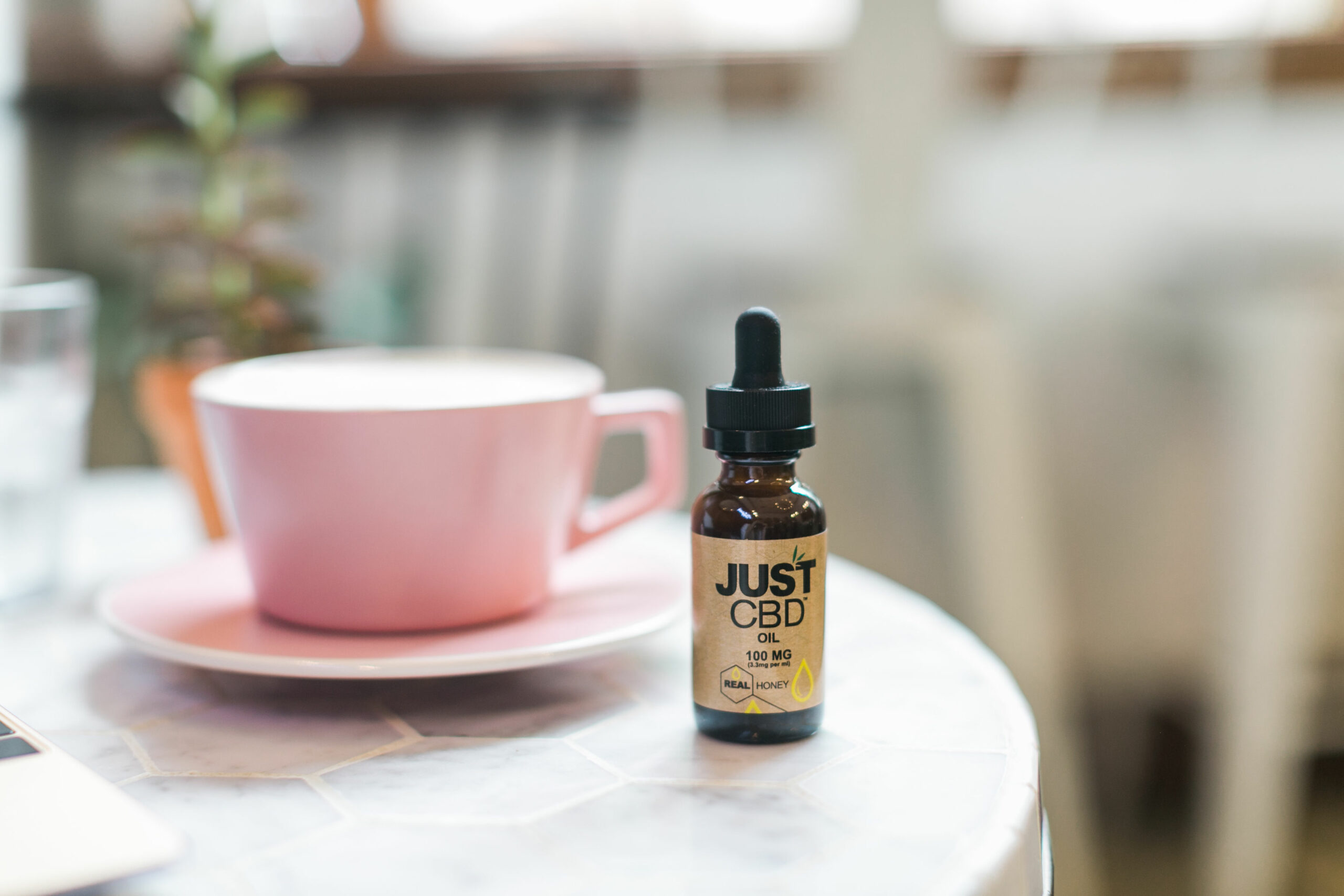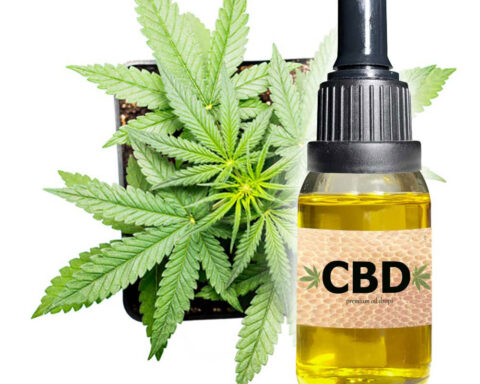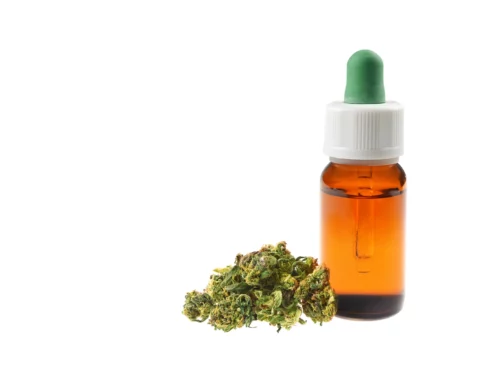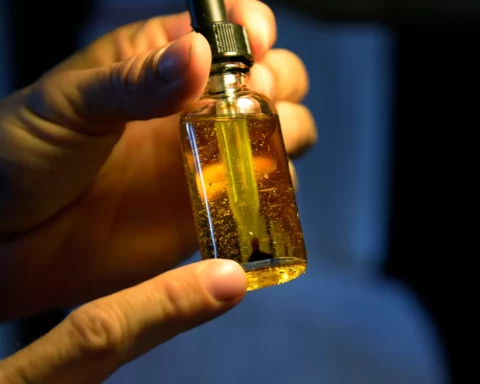CBD oil has attracted a lot of buzz since its legalization in 2018 when the Farm Bill was passed to legalize growth of industrial hemp and, by extension, CBD oil with less than 0.3% THC. People claim that CBD oil can help with pain, depression, anxiety, memory, focus, illnesses, and more when there is not enough scientific evidence to credit CBD oil for these roles. Many people struggle with sleep problems and insomnia, where some cannot sleep for long before waking up while others struggle to find sleep. It’s no wonder that people are seeking alternative therapy, specifically natural methods such as CBD oil, to solve insomnia and sleep issues. Can CBD oil help with sleep and insomnia? Some early research suggests that the cannabinoid may help with pain, anxiety, and daytime sleepiness, promoting one’s sleep at night and solving insomnia. However, there is not enough scientific evidence to show that CBD oil could positively impact sleep. Meanwhile, whoever chooses CBD oil for sleep should consult a doctor beforehand, at least to know how to go about CBD oil dosage.
What Might Cause Sleep and Insomnia Problems?
Before looking into the effect of CBD oil on sleep and insomnia, explore factors that promote insomnia and sleep problems. One is pain, where chronic conditions accompanied by pain may deprive one of his sleep. The other cause of insomnia and sleep problems is anxiety; the weight of being overly anxious may make one unable to sleep. Besides, being less active and idle during the day may mean that a person will have trouble sleeping at night. The next section examines how CBD oil influences each of these factors.
CBD Oil for Anxiety and Sleep Issues
One research by Shannon, et al., (2019)., suggests that CBD oil could reduce anxiety levels in people and improve their sleep quality. Following the knowledge gaps in CBD studies, whoever chooses CBD oil for sleep and anxiety should consult a doctor beforehand. In that 2019 study, 72 people took 25 mg CBD oil capsules daily for a month. In the end, 66.7% recorded improved sleep while 79.2% experienced reduced anxiety levels. If more advanced studies support this claim, CBD oil would be ideal for sleep issues. Meanwhile, studies do not recommend CBD oil for sleep problems because of the many uncertainties and knowledge gaps surrounding CBD studies.
CBD Oil for Wakefulness and Daytime Sleepiness
Insomnia patients typically suffer from grogginess, and one review conducted by Murillo-Rodríguez, et al (2014) claims that CBD oil could help boost wakefulness. It suggests that CBD oil could solve grogginess and improve sleep at night. However, the study does not tell how exactly CBD oil promotes wakefulness. A 2017 study indicates that CBD oil might help solve excessive daytime sleepiness and RBD symptoms such as sleep talking, acting out dreams and nightmares. The study sees a potential in CBD oil helping with insomnia and lack of sleep. Still, whoever chooses CBD oil should consult a doctor because more scientific evidence is needed to justify CBD oil for sleep and insomnia.
Could CBD Oil for Pain Help with Sleep Issues?
Acute and chronic pains could deprive one of his sleep and escalate into insomnia. A review study by Vučković, et al (2018), claims CBD oil could help with pain, but more scientific evidence is required before claiming CBD oil to help with sleep issues. The review looked at various studies from 1975 through 2018 on CBD oil of pain. It recorded that CBD oil might help with cancer, neuropathic, and fibromyalgia pains. While these are among the chronic conditions that might cause sleep issues, more study is required, especially the most recent ones that feature clinical trials to justifiably claim CBD oil for pain management.
Could the CBD Oil for REB Affect Sleep?
RBD, or REM (rapid eye movement) behavior disorder, describes a condition in which one acts out in dreams and may cause nightmares and sleep issues. In one study, 4 people suffering from Parkinson’s disease were given CBD oil and recorded RBD improvement. This suggests that CBD could help with insomnia and sleep issues. However, the study only involved 4 subjects and may not be enough to draw scientific conclusions about CBD oil. More studies will help to conclude whether CBD oil could help with sleep.
Should You Take CBD Oil for Sleep and Insomnia?
Admittedly, many people are affected by insomnia, and they struggle with bad quality of sleep. Realistically, they might opt for a more natural alternative like CBD oil. However, what we currently don’t know about CBD oil is a whole plethora compared to a few things we know about it. CBD oil remained illegal for many years, and the legal restrictions placed barriers in the way of CBD oil studies. Besides, the limited research and anecdotal evidence on CBD have many uncertainties and knowledge gaps, and they cannot be used to justifiably and scientifically claim that CBD oil may help with sleep issues.
Furthermore, most of these studies use human models and animals, which may not make the best indicators in scientific studies as results replicated on clinical trials and human studies may not be 100% right. Besides, the FDA has not approved CBD oil for sleep, nor has it recommended dosages for CBD oil when solving sleep problems. If anything, Epidiolex is the only FDA-approved cannabis-infused drug, and it is recommended for Dravet Syndrome and Lennox-Gastaut, two rare forms of epilepsy caused by tuberous sclerosis. As such, taking CBD oil for sleep is riskier than safer, so whoever chooses CBD oil for insomnia or any condition should consider speaking to a doctor to know the suggested CBD oil dosages and how to go about the cannabinoid.
Conclusion
Early research shows that CBD oil might reduce anxiety, treat daytime sleepiness, wakefulness at night, and RBD sleep problems, fight pain from chronic conditions, and boost sleep. However, there is not enough scientific evidence to credit CBD oil for sleep and insomnia. Moreover, there are no recommended CBD oil dosages, so whoever chooses the cannabinoid should consult a doctor beforehand.
References
Murillo-Rodríguez, E., Sarro-Ramírez, A., Sánchez, D., Mijangos-Moreno, S., Tejeda-Padrón, A., Poot-Aké, A., … & Arias-Carrión, O. (2014). Potential Effects Of Cannabidiol As A Wake-Promoting Agent. Current Neuropharmacology, 12(3), 269-272.
Shannon, S., Lewis, N., Lee, H., & Hughes, S.
(2019). Cannabidiol In Anxiety And Sleep: A Large Case Series. The
Permanente Journal, 23.
Vučković, S., Srebro, D., Vujović, K. S., Vučetić,
Č., & Prostran, M. (2018). Cannabinoids And Pain: New Insights From Old Molecules. Frontiers In Pharmacology, 1259.
- Is Mushroom Coffee Worth the Hype? An Expert’s Take - April 19, 2024
- Missionary Position – Least Likely To Bring You To Climax - April 7, 2023
- Vibrators could put you in Jail - March 31, 2023









